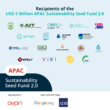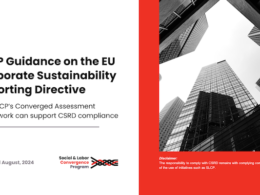The Bangladesh Garment Manufacturers and Exporters Association (BGMEA) has urged several member factories at risk of labour unrest to ensure timely wage payments to avoid potential disruptions in the current situation.
BGMEA issued this warning during a meeting attended by representatives from 47 garment factories identified as vulnerable to labour protests.
According to sources, the Industrial Police has compiled a list of over 60 factories that either failed to pay wages on time or are suspected of being unable to do so next month. These factories have had recurring issues with wage payments in recent months.
BGMEA Senior Vice President Abdullah Hil Rakib explained that the Industrial Police regularly prepares such reports, especially before Eid. “Therefore, we met with these factories to understand their current challenges and offer any necessary support,” Rakib said.
The meeting, chaired by BGMEA President Khandoker Rafiqul Islam, included representatives from the BGMEA, Bangladesh Army, Industrial Police, Department of Inspection for Factories and Establishments, the Deputy Commissioners of Dhaka and Gazipur districts, DGFI, NSI, Community Policing on RMG, and the vulnerable factories.
The gathering occurred as sector leaders and buyers continue to urge authorities to maintain law and order to restore a favourable business environment. Recent incidents of labour protests over unpaid wages and other dues in industrial areas have heightened concerns.
The meeting also addressed the overall labour situation in the garment industry, expressing concern over recent unrest and subsequent road blockades by workers, which have caused severe traffic congestion and public inconvenience, Rakib noted.
He added that they urged factories to ensure timely payment of wages and allowances, hold regular meetings with workers to promote harmonious industrial relations and work closely with industrial police to resolve any disputes.
If a factory is unable to pay wages on time, the trade body advised informing BGMEA and the workers in advance to discuss and find solutions. The meeting also emphasised resolving conflicts between owners and workers regarding wages or other issues through dialogue among all concerned parties.






















